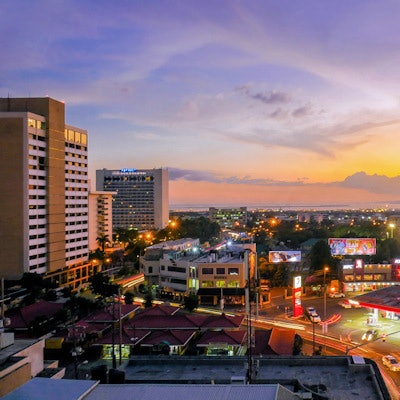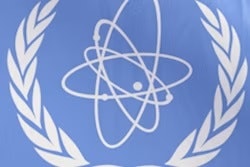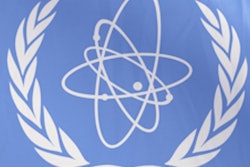
Jamaica has opened the country's first public nuclear medicine center, at the University Hospital of the West Indies in Kingston, with a June 30 ceremony noting the support of the International Atomic Energy Agency (IAEA).
Under the IAEA's Rays of Hope initiative, the hospital received essential equipment such as a SPECT/CT scanner, a dose calibrator, phantoms, and lab equipment and reagents necessary for processing radiopharmaceuticals, the IAEA said in a news release. As a part of its assistance, the IAEA also trained staff, including nuclear medicine technologists, radiopharmacists, radiologists, and medical physicists, in clinical applications of nuclear medicine.
"Nuclear medicine and its support for early diagnosis and treatment can mean a difference between life and death," said Jamaican Prime Minister Andrew Holness, noting that Jamaica sees more than 7,000 new cancer cases per year.
The last existing public nuclear medicine facility in Jamaica closed in 2002 due to lack of personnel and resources. Since then, there are two private facilities operating in the country, which many people cannot afford. Moreover, previous facilities did not have sufficient capacity for the country's population of almost 3 million people, the IAEA said.
To ensure sustainability and to contribute to the expansion of services, the IAEA will continue to provide Jamaica with assistance, including PET/CT technology, radionuclide therapy, and further training of medical professionals.
Jamaica's Hazardous Substances Regulatory Authority (HSRA), launched in 2020, will oversee the facilities.




















